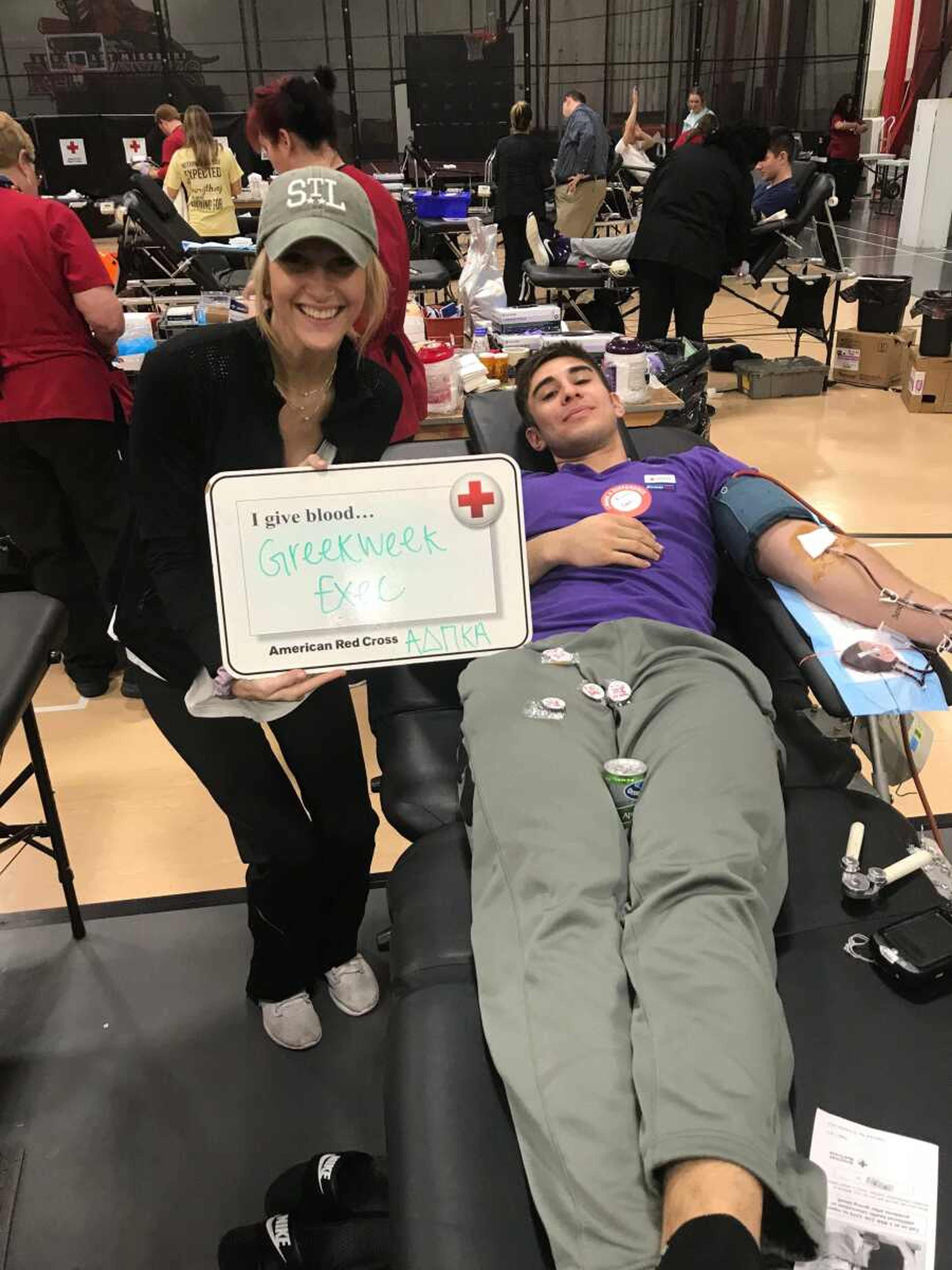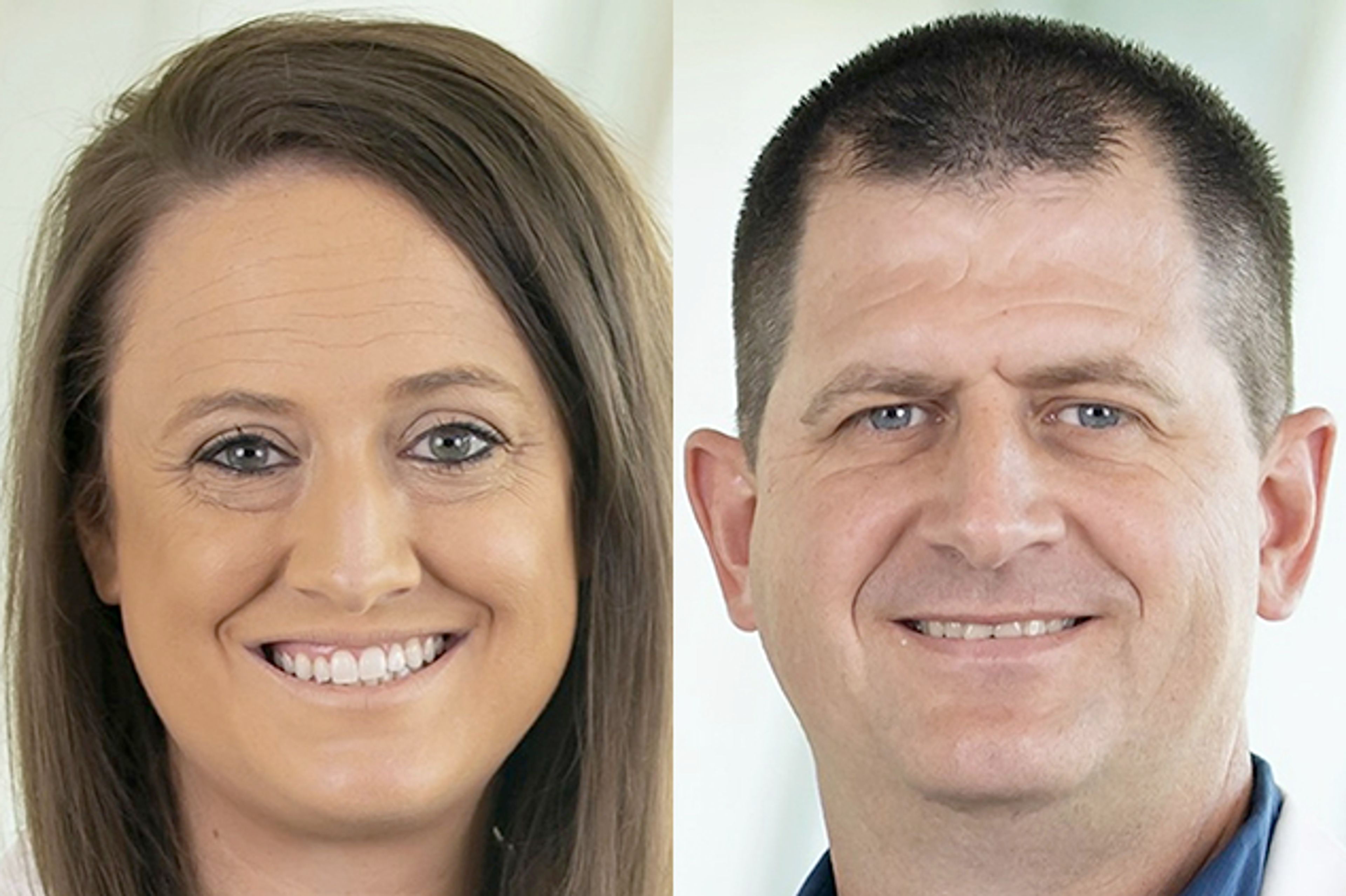The business of blood — drilling down on 'the gift of life'
American Red Cross was founded in the United States by Clara Barton 141 years ago this Saturday. Rarely in the organization's long tenure has the venerable not-for-profit humanitarian organization faced a particular problem quite so serious as it has this year...
American Red Cross was founded in the United States by Clara Barton 141 years ago this Saturday.
Rarely in the organization's long tenure has the venerable not-for-profit humanitarian organization faced a particular problem quite so serious as it has this year.
In January, Red Cross officials declared its first-ever "blood crisis," amid its worst blood shortage in over a decade — exacerbated by COVID concerns.
The lack of available blood forced a delay of transfusions in hospitals while in response, the Red Cross stepped up its pleas to the public. Rarely a day passes when a reminder to donate blood isn't received — on social media, through placards on the street and TV advertisements, through snail mail and email solicitation and a plethora of phone calls to previous donors.
Joe Zydlo, Red Cross's St. Louis-based regional communications manager, said donors can trust those involved directly in blood collection.
"While we do depend on some volunteers at drives, our phlebotomists are all paid employees to do things the Red Cross way. They are trained and compensated by us," he said.
The ongoing issue is three-fold and is only partially impacted by the pandemic, now considered an endemic in much of America, including by Missouri's Department of Health and Senior Services — whose guidelines are being followed by Cape Girardeau County's health department.

- First, no one has successfully synthesized whole blood.
- Second, the blood supply is generally outstripped by the demand.
- Third, blood is highly perishable.
The Southeast Missourian asked eight questions of Red Cross's Jennifer Freeze, Cape Girardeau-based manager for donor recruitment for the organization's Southern Missouri/Arkansas district, about the "business" of blood.
- Is the American Red Cross responsible for all of the nation's blood supply?
No, the Red Cross handles about 40% of the need. We're the largest provider but there are about 30 others across the country who also supply blood. For a short time, I worked for one of them: United Blood Services in Phoenix, Arizona.
- Blood cannot be artificially made; it can't be synthesized, so human donors are necessary. Blood isn't like money, is it? You can't put it in a vault and utilize it whenever it's needed, correct?
Blood is highly perishable. Let's take a step back to answer this. Blood has several components that are pulled out post-donation at our lab in St. Louis. The lab pulls out red blood cells and they're good for 42 days. Plasma can be frozen and used as long as a year after donation. Platelets, though, are only good for 72 hours. This is why we ask our donors so often to give again. In general, a person who meets our requirements can give whole blood every 56 days or about six times a year. The requirements differ depending on the kind of donation.
Plasma may be given as often as every 28 days. Platelets can be donated every eight days. Double red cells every 168 days.
- Every organization has to survive fiscally. Do hospitals buy blood from the Red Cross?
Remember, we're not-for-profit, so we recoup the cost of collection. Hospitals don't pay for blood per se. We are reimbursed, though, for what it costs us to test blood, for example. We run anywhere from 14 to 17 tests on donations we receive to make sure it is safe and useable. We are reimbursed for the materials we use in the process, too, such as the bags used in donations — what gets sent off to the lab.
- We've been hearing about labor shortages in so many employment sectors. Are you experiencing shortages of blood technicians?
We did face a bit of a challenge there. Up until recently, we saw a shortage of phlebotomists and we were struggling to make hires. We saw these deficits in more metropolitan areas, such as St. Louis. We're actually fully staffed now and we really didn't have the problem in Southeast Missouri, fortunately.
- What are phlebotomists paid and how are they paid?
Let's take a step back again for this answer. We're highly regulated by the Food and Drug Administration and our phlebotomists are required to have extensive training as a result. It's a very precise business having, for example, to make sure the correct barcode is on a tube and that all the paperwork matches up. As to earnings, phlebotomists don't work on commission; their pay is not based on how many donors they see. They receive an hourly rate. In our district, it's between $16 and $17 per hour with benefits just as in the for-profit sector.
- Red Cross is in competition with hospitals, for example, for blood technicians, so what would set it apart in terms of attracting those workers?
I would say the worldwide mission of the Red Cross does attract some of our people. Also, within our district, we've seen people generally donate Monday through Friday, so we've pretty much eliminated weekend blood drives and as we know, a lot of people don't like to work Saturdays and Sundays. There some historic exceptions to this weekday-only schedule. The Greek Week drive at [Southeast Missouri State University] runs on a Sunday, for instance.
- What is the general status, from your perspective, about donations?
I would say the blood supply is sufficient across the country at the moment, which is a real change from a few months ago. But we can't rest easy. We're heading into summer, a time of the year where it typically is hard to get people to come to a drive. Based on that history, I do expect shortages to reappear.
- Do incentives work? Sometimes the Red Cross will offer free passes to movies or a T-shirt or a $5 gift card.
We find them to be successful, yes. I know the organization's marketing team has done donor surveys. What they're hearing is people ultimately don't show up because of an incentive but because they know blood is needed. We'll continue to offer incentives, though, because, bottom line, it's always nice to be able to thank a donor.
Do you want more business news? Check out B Magazine, and the B Magazine email newsletter. Go to www.semissourian.com/newsletters to find out more.
Connect with the Southeast Missourian Newsroom:
For corrections to this story or other insights for the editor, click here. To submit a letter to the editor, click here. To learn about the Southeast Missourian’s AI Policy, click here.







